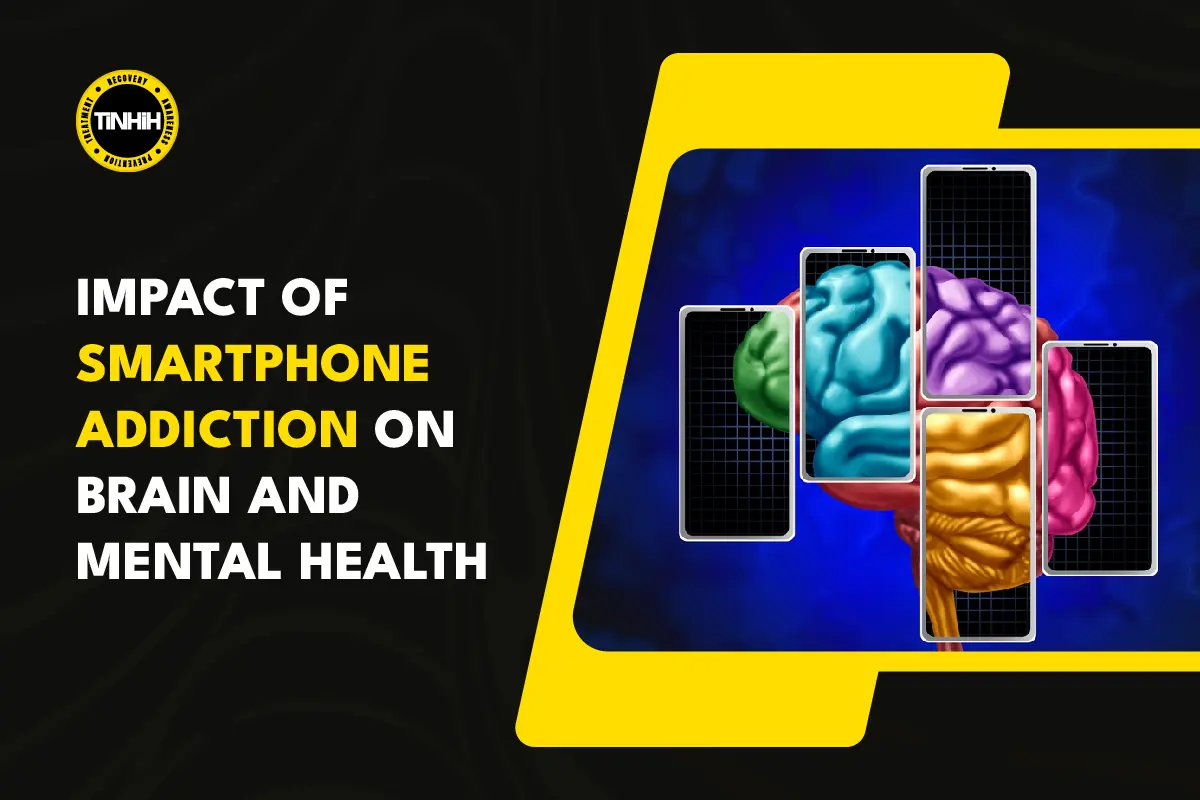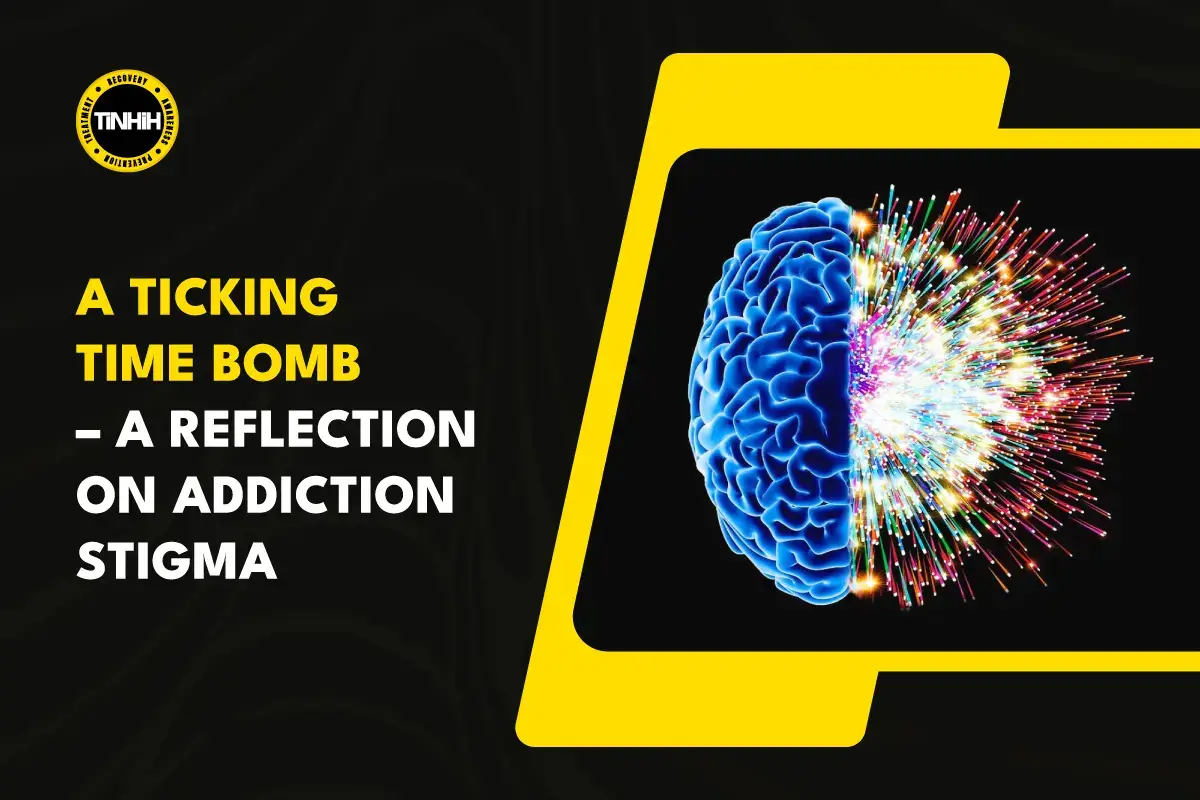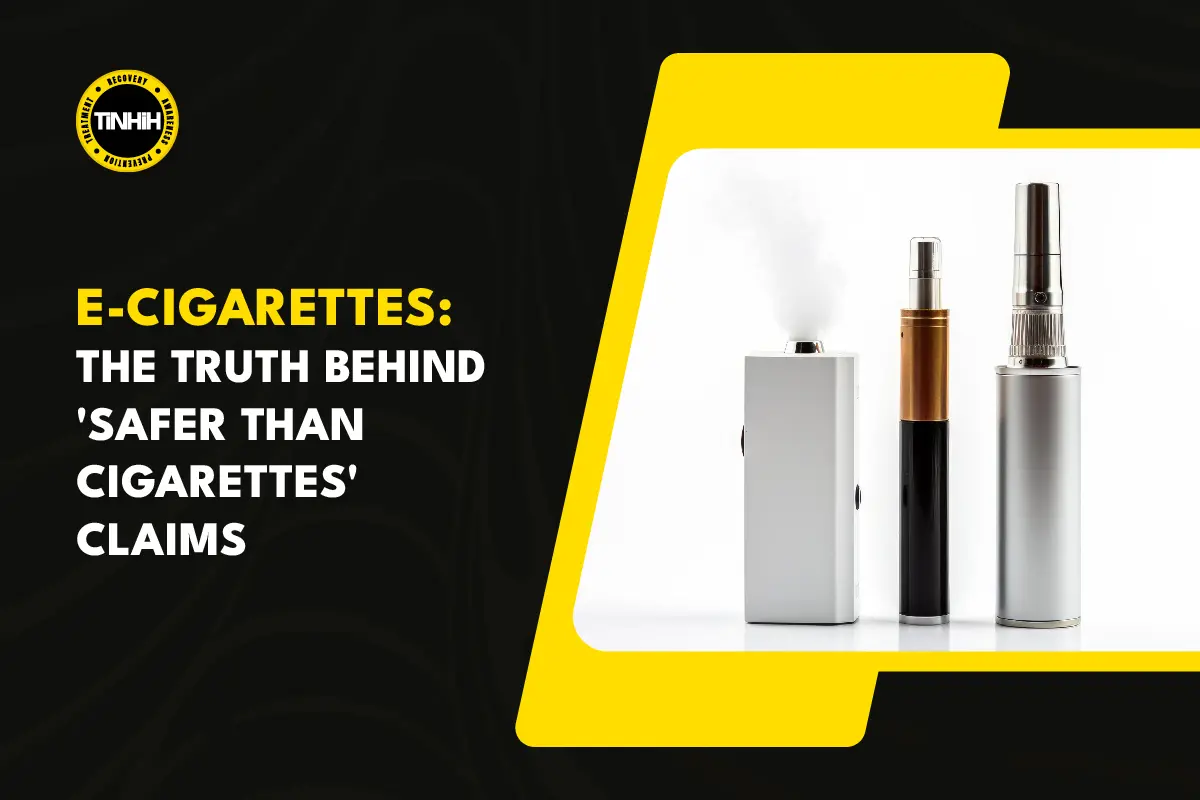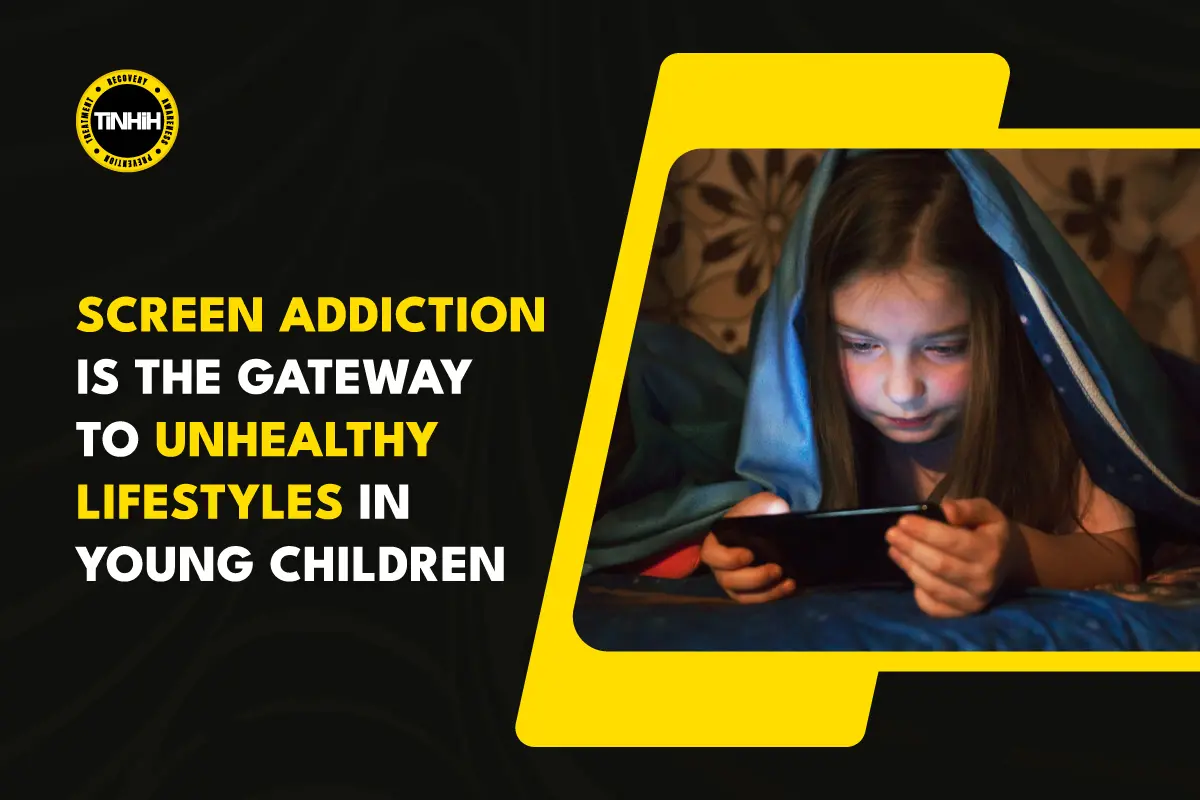
“A Ticking Time Bomb?” – A Reflection on Addiction Stigma

It happens every now and then. Sometimes in subtle ways; sometimes in more abrasive ways. Every now and then someone will utter the words, “But people in addiction recovery could always relapse.”
I know that idea, even if it’s small, still lives in the minds of employers, families, friends, and people in the dating world. I know it’s there because it’s the root of addiction stigma. That addiction stigma suggests that people who are in addiction recovery are not fully in control; that addiction stigma carries the notion that people in recovery are ticking time bombs who could always relapse.
Admittedly, like most stigmas, the stigma originates from a thread of truth. It is absolutely true that someone in addiction recovery could always relapse. There is no cure for addiction, so if someone has a genetic predisposition to substance addiction, then that person will have to treat that disease for the rest of their life.
But that’s only one side of the lens. What about the other side?
The other side shines a very different light on addiction recovery. The other side reveals some particularly different variables. For example, if a person has the disease of addiction, and that disease lives in the brain, then a person who has overcome that disease has effectively mastered their own brain. A person in addiction recovery has identified a part of their neurological composition that is negative, and then that person found a way to overcome it. People in addiction recovery have become masters of their own mind.
So why doesn’t the addiction stigma also include that amazing example of resilience and hard work?
And what about the accountability lens?
In order to understand a disease of one’s own brain takes a lot of reflection. People in addiction recovery get reach recovery only through extreme accountability. People in addiction recovery observe, reflect, and learn from the actions they take. They become experts of metacognition, and feedback becomes a part of their muscle memory. Instead of looking at people in addiction recovery as a risk, why don’t we look at them as firmly rooted in reflection?
And last but not least, let’s not forget the environmental factors.
The statistics currently show that addiction frequently begins to manifest during times of trauma. That means that people with the disease of addiction are up against both nature and nurture. Yet, despite a genetic predisposition from the nature side, and traumatic events from the nurture side, people in recovery overcome.
In the modern day landscape of 2023 I constantly come across articles / posts / people who are frustrated with the lack of hard working people in the world. The claim is that people are no longer resilient, no longer motivated, no longer accountable. But maybe we are just looking in the wrong places. Maybe the perspective we are looking through is not wide enough.
Maybe those “ticking time bombs” are actually powerful engines. Strong, sturdy, well-constructed engines. People in addiction recovery are not damaged, they are remastered and upgraded best versions of themselves.
We have lenses through which we view others, and those lenses too often come from stigmas. It is our job as modern, progressive members of society to not simply take the lens that society presents us at face value, but to turn around that lens to see if there are other sides. If we look at only the surface, or one side, we miss not only other opportunities – we potentially miss the truth.
People in recovery are not high-risk; people in recovery are firmly rooted in self awareness and strength. The more we look at their reality as multi-faceted, the more we can appreciate their journey, and the more we can appreciate their well-rounded truth.





